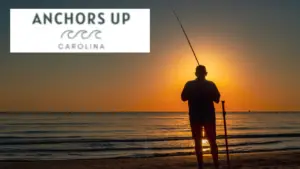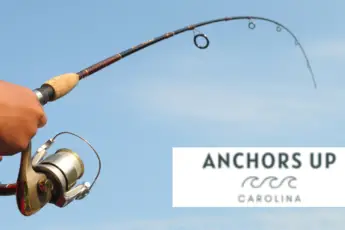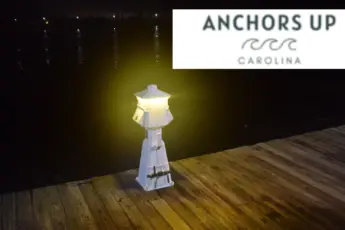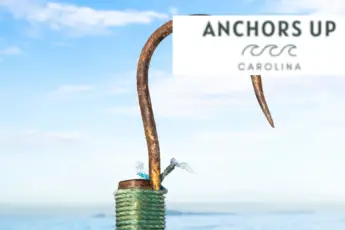Whether you’re spending a day at the beach with family or are an avid surf angler, you’ll want to know the best bait for surf fishing.
Fortunately, anglers fishing the surf can catch many species, including redfish, trout, tarpon, pompano, black drum, and more. I have tried a multitude of baits while surf fishing but have narrowed it down to the top 5. These baits are the most likely to draw strikes from gamefish.
Sand Fleas
Anglers in the coastal regions widely use Sand Fleas. Often, anglers can dig in the sand along the breaking waves. Here, you will find an abundance of sand fleas if they are present.
Unfortunately, it is rare to find live sand fleas available at local bait shops. Most often, the bait is sold frozen; however, I always recommend live sand fleas.
The best method for hooking a sand flea is to run the hook from the digger on the bottom up through the top. Warning: bait stealers will quickly pick sand fleas from hooks without you noticing.
Shrimp
When fishing with shrimp in the surf, they can be presented either dead or alive. I have had success with both options.
One draw back to fishing with dead shrimp is that they tend to fall off the hook with ease. For this reason, I suggest hooking the shrimp through the center of the body two times.
Conversely, live shrimp stay hooked because they are not soft and mussy. The live shrimp is best hooked in the head or carapace above the organs but deep enough for a solid hold. Live shrimp is highly active; therefore, it draws the attention of gamefish nearby.
Blue Crab
I have used blue crabs on many occasions while surf fishing and can attest to the fact that they are highly effective for catching redfish.
Without question, you can catch blue crabs along beaches in North Carolina, South Carolina, and Georgia. However, don’t hesitate to drop in a crab trap before a fishing trip to stock up.
Once you have blue crabs on hand, first, simply pull off the top shell and discard. Secondly, cut the remaining portion of the crab in half. That said, you get two pieces of bait from one crab.
Importantly, the hook placement is critical. Run the hook from the inside meaty area to the outside above the walking legs. Never run the hook through the legs because the leg will pop free, and you will lose the bait.
Cut Fish
Cut fish is highly effective, and you can store it in your freezer to be pulled out and thawed when needed.
Whether you catch your own bait and freeze what is not used or buy it from the bait shop, I recommend freezing it in multiple bags. Small portions of frozen prevent you from thawing all that you have on hand as it will become mushy and less effective.
However, don’t hesitate to throw a cast net and catch bait before slicing it into bite sized chunks.
Don’t stress about the location of the hook. The most important is to place the hook into a solid meat so it does not fly free when casting.
Live Bait
Last but not least is one of my favorite, and that is live bait fishing. Fortunately, the shorelines of beaches are frequently loaded with large schools of bait, including mullet or pilchards.
I suggest bringing a cast net and back bucket so you’re prepared when the bait swims by. Importantly, when bait is present, big fish are not far behind. Often, you will see the baitfish being chased by redfish, tarpon, bluefish, and other species.
At times, the bait will not be present. However, that doesn’t mean you can’t visit a local tackle shop and stock up on livies.
When hooking live bait, I suggest using a circle hook matching the size of the fish in the bait bucket. Run the hook one of three ways. First, through the bottom lip up and out the top lip. Secondly, through the back beneath the dorsal fine. Third, through the meat just forward of the tail.
Use These Best Baits For Surf Fishing
When heading out fishing, determine what type of bait listed above is either available at a store or can be caught by a cast net. Importantly, ensure that the area of the beach you intend to fish allows surf casting. Unfortunately, my public beaches restrict anglers from casting a line. More likely than not, you will be able to find an access point nearby.






